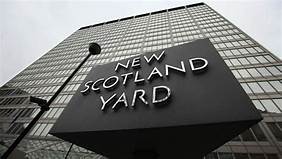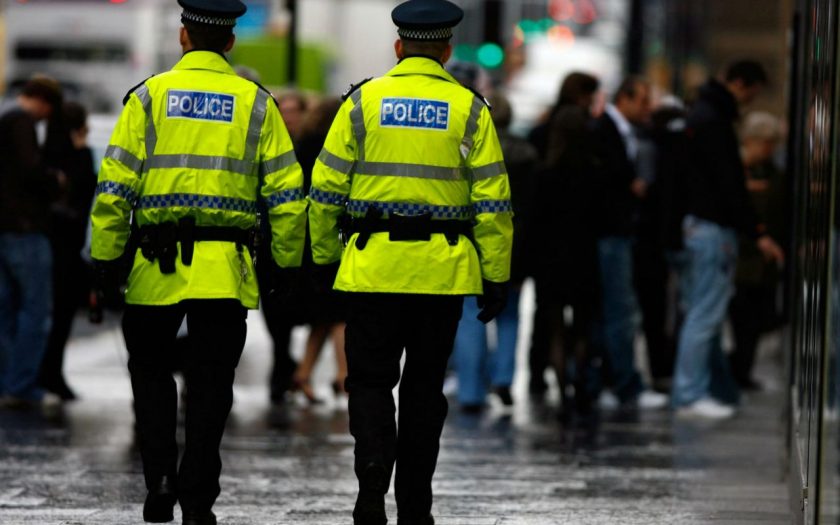We asked the Metropolitan Police Service (MPS) a number of questions about Hate Crime & Disability. Here are the answers to the six questions we posed .. and their answers.

Q1) One in five disabled people report they have either experienced hostile or threatening behaviour. Do your own figures suggest that this is accurate and is it increasing year on year? And, if so, how can the Met better police hate crime?
Statistics on reported disability hate crime, broken down by year and borough, can be
found at the following link:
https://www.met.police.uk/sd/stats-and-data/met/hate-crime-dashboard/
This data covers the period April 2010 to April 2021 and will enable you to determine
trends in reporting.
The Met seeks to ensure all hate crimes and incidents are identified, recorded, and
investigated in a professional and timely manner, taking into account the needs of the
victim, their family and those of the wider community. The Met works closely with a
wide range of partners, including central and local government, as well as the
voluntary sector – for example, with regard to referrals for specialist support to
victims and developing training for staff and officers.
However, we know there is more to do, and seek the ongoing support and guidance
of all our partners to work collaboratively to help tackle hate crime, encourage
reporting and engage with those members of the community who may feel
disconnected in order to improve public confidence.

Q2) Do you think hate crime aimed at disabled people is because they have a physical impairment (as opposed to an invisible mental or illness disability) or do your figures suggest other reasons?
Searches indicate that we hold no recorded information that answers this question
and therefore this information, in all likelihood, is not held by the MPS.
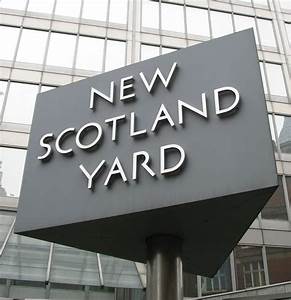
Q3) In your experience, and with the experiences of your officers, do you think this is a well reported crime? And do you think the process of reporting could be made easier?
The MPS is committed to ensuring members of the public can report crime quickly,
easily and with support where necessary.
Details of the various ways in which we accept hate crime reports can be found here:
https://www.met.police.uk/advice/advice-and-information/hco/hate-crime/how-toreport-hate-crime/
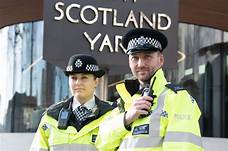
We also adhere to the Code of Practice for Victims of Crime which can be found
here:
This includes the Right to be given information in a way that is easy to understand
and to be provided with help to be understood, including, where necessary, access to
interpretation and translation services, and the Right to be referred to services that
support victims, which includes the Right to contact them directly, and to have your
needs assessed so services and support can be tailored to meet your needs.
More information on how we support victims can be found here:
https://www.met.police.uk/advice/advice-and-information/wvs/victim-and-witness-support/
Searches indicate that we hold no additional recorded information that answers the
first part of this question and so in all likelihood, this information is not held.
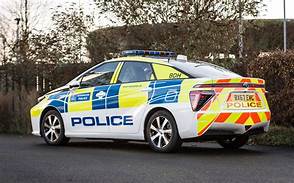
Q4) Do your officers visit schools to better inform schoolchildren of the hurt that hate crimes directed towards disabled people cause? And hate crime in general?
Every BCU has a HCOP (Hate Crime Outcome & Performance) officer. Their role is
clear oversight on hate crime incidents involving partners such as Schools, Youth &
Neighbourhoods. They can provide advice on incidents & capture activity.
Safer School Officers will be working closely with Hate Crime Outcomes &
Performance Officers (HCOP) now in place across all 12 BCUs to identify
geographical locations impacted by hate crime and coordinate outreach activity
providing support and assistance where required.
CPIC Schools & Youth gave an input to the HCOP officers to explain how the HCOP
officers could link in with the school team to assist with engagement and the issues
around any Hate Crime problems that come out of the schools.
Additionally our schools officers, where required, will work in collaboration with
dedicated Faith, LGBT+ or Disability Officers to deliver talks and host planned events
as part of the annual Hate Crime Awareness Week (October).
As part of formalised safer school partnerships operating across all 32 London
boroughs, safer school officers follow key guidance outlined within our MPS Youth
Engagement and Crime Prevention Tactical Planner to deliver preventative education
with schools focusing on key topics such as FGM, Hate crime and Honour Violence.
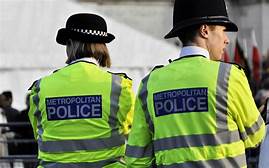
Q5) It is estimated that 20% of the UK population is disabled – how many disabled
people does the Met employ?
It is hard to clarify exactly how many people within the MPS are disabled. Disability
Data is presently self-recorded – the duty of disclosure is not obligatory under the
Equality Act and so there is no accurate way to report on the numbers of disabled
persons in the workforce.
In fact, The Home Office have recently instructed that the public sector will begin to
capture and retain Disability Data. This in itself is problematic in terms of accuracy
as statistically in the UK 60% of Disabled adults in the work place do not share that they have a disability and as explained above the Equality Act means that a disabled
person is not under any legal obligation to do so.
It is estimated that the MPS would not be overtly different to the rest of the UK in
terms of its disabled workforce. Figures suggest (based on adjusted officers and
staff, adjustments applied for as well as other factors) that the MPS may have
between 8- 12,000 persons who are living with disability, which in view of the 60%
mentioned above would suggest it could be as high as 18% of the total workforce.
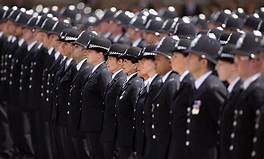
Q6) We appreciate that disability can, in certain cases, reduce a person's ability to perform a police frontline task – what is the Met’s position about employing disabled people?
The MPS do employ officers and staff who have existing Disabilities. In the case of
officers, there are minimum requirements of entry that are set by the Home Office.
Provided they meet these set standards, they will be successful in their application.
Any officer who shares that they have a disability can be supported with adjustments
where practicable and reasonable. The MPS have signed up to and have achieved
DWP Disability confident Level Two Employer status and is currently working
towards level 3 Leader status.
This is also the same for officers and staff who during the course of their career
acquire a disability. Statistically, 83% of all disabled persons acquire a disability
during their lifetime and the highest demographic for acquiring disability is 53
upwards. This is significant with regard to changes to the pension, in terms of raising
the retirement age nationally as well as in the police, which means over the next 10
years there is likely to be an increase in the amount of people having a disability
within the organisation.
The organisation are obliged to, and do, make adjustments for persons living with
disability and have set up a number of schemes such as passports and a centrally
funded adjustments unit to support disability in the MPS. As an organisation, we
recognise there is still much to do in terms of dispelling myths, raising awareness and
making sure that our policies are fit for purpose and that our managers understand
them and have the requisite information to be supportive and look at the individual
rather than the disability. We want people to bring their real selves to the work place.
